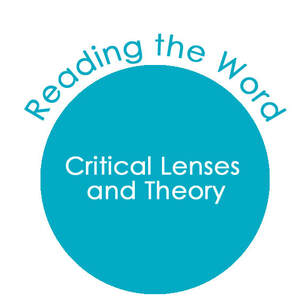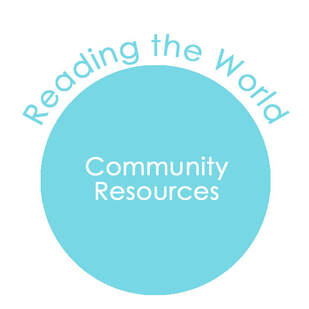Why Read the word and the World?
The resources provided in this section are not exhaustive; they stem from the concerns and life-worlds of the students we work with in public schools in Baton Rouge, Louisiana, and because those contexts are ever-shifting, so are the lenses that we need to effectively read the world around us. We encourage teachers to likewise be culturally responsive to their students: culturally responsive pedagogy (CRP) asks teachers to tap into student culture and experiences as a vehicle for learning and recognizes that all students can achieve academically regardless of social inequalities (Ladson-Billings, 1995; 2014). CRP is widely acknowledged as a universal marker of teacher effectiveness as a practice of engaging the world and oneself in critical ways (NCTE, 2010; AERA, 2012; NEA, 2014). As Fugiyoshi et. al. write:
Content should start with the real lives of students and communities. Projects should be built around students being able to address these problems through a process centered in hope. Skills should be aligned in ways that students can apply them to investigate and resolve these challenges. Assessments should be built so students are evaluated around taking on real world learning and action. (p.1, n.d.)
The lenses, theories, and resources presented in this section have the explicit aim of helping students to make sense of the world around them; they provide a critical vocabulary that is connected to established scholarship and social movements in which people across the globe are struggling to name their experiences. In order for students to engage in this kind of learning, both students and teachers need to deeply understand the historical and social contexts in which they will be conducting research and action. A deeper understanding of power allows students and teachers to recognize patterns of oppression and resistance rooted in historical movements. Teachers teach students who stand at varying intersections of class, race, gender, ability, nationality, sexual orientation, and religion. Meanwhile, teachers have their own intersectional identities. Fujiyoshi et. al. ask teachers to understand that “teaching is not a neutral undertaking. We teach for some things and against others (whether we acknowledge it or not)” (p.1 n.d.). Our students reside within specific systems, policies, economies, ideologies which are also not neutral. Therefore, teachers “must decide to either uphold systems of injustice and unfairness, or support our students in the critical work of justice. Neutrality does not exist” (Fujiyoshi et. al., p.1 n.d.). We understand it as the responsibility of culturally responsive teachers to form an analysis of the conditions that shape their students’ lives. As the National Board reminds us about our responsibility as community and culturally engaged educators:
Teachers cannot alleviate all the social problems they encounter, but they can be sensitive to those issues and caring toward students as they fulfill
their professional responsibilities as educators. Teachers confront the human condition daily in all its splendor and misery; what they choose to share,
how they respond, and how they prepare students in the face of it all are the factors that distinguish teachers who are truly accomplished. (National Board, p. 39, 2016)
Considerations for Teachers
Additionally, this process requires teachers to model vulnerability and reflection (see Adaptable Methods: Teacher Reflections), two abilities which possess great power. Vulnerability requires a vast amount of courage and promotes authenticity and accountability (Brown, 2015), and normalizing vulnerability gives students permission not to “put up a front” or pretend they do not care when facing unfamiliar and challenging material they do not understand. Seeing vulnerability modeled teaches students that one does not have to know all the answers and that knowing how to search for answers is what matters. Additionally, studies show that reflection is considered a critical skill for learning for both students and teachers (Beauchamp, 2015; Liu, 2015; Rodgers, 2002; Taylor, 2017). Teachers and students will need vulnerability and reflection to face the often uncomfortable experience of learning about injustices and imagine the possibility of change together (Cooper, Torres, Weinstein, & West).
Guideposts and Applications
|


